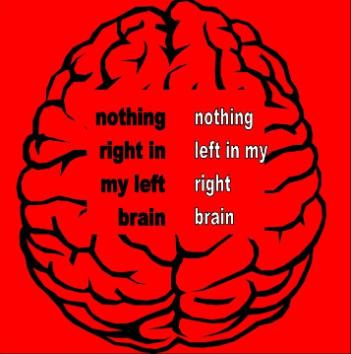..... well, that was one conclusion which seemed to emerge from the "learners" theme of the 2006 Association for Learning Technology conference in Edinburgh, which ended today. Phil Candy, who is Director of Education, Training and Development within "Connecting for Health", the National Health Service's National IT Programme, provided this summing up from the theme [0.3 MB PPT]. This contains plenty of nuggets from the conference as a whole. Here are a few which stood out for me:
"Schools are the supply chain for universities, and it therefore behoves academics to know more about the technology environments their incoming students are used to."
"Generational differences are relatively unimportant in explaining comfort with technologies and, in any case, are commonly ‘washed out’ within 6 months to a year."
"Game-playing in early life does not seem to be particularly influential in the use of ICT for learning purposes."
"Academics may be seeking to use technologies – both for teaching and for assessment – to reproduce models of learning and social relationships that are in fact at odds with the real demands of most jobs and society at large (e.g., individual effort, circumspection, scholarly precision)."
Phil's summing up concluded with a super brief precis of his 2004 report for the Australian Government - Linking Thinking: Self-directed Learning in the Digital Age. 3 other summings up from the conference (by Chris Yap, Gilly Salmon, and Terry Anderson) will be available from the ALT web site in due course.



CyberOne: Law in the Court of Public Opinion
From Autumn 2006, Harvard Law School and the Harvard Extension School are offering a course called Cyber One: Law in the Court of Public Opinion both to the Internet-using public, and to Harvard Extension students:
The subject matter of the course is "the creation and delivery of persuasive argument in the new integrated media space constituted by the Internet and other new technologies". People doing the course as Harvard Extension students will experience parts of the course through a virtual world called Second Life.
Course web site. Flash movie in which Professor Charles Nesson and an "avatar" version of his daughter Rebecca Nesson explain the course. Text-based official description of the course.
Discovered via David Weinberger.
Posted on 09/09/2006 in News and comment | Permalink | Comments (0)
|